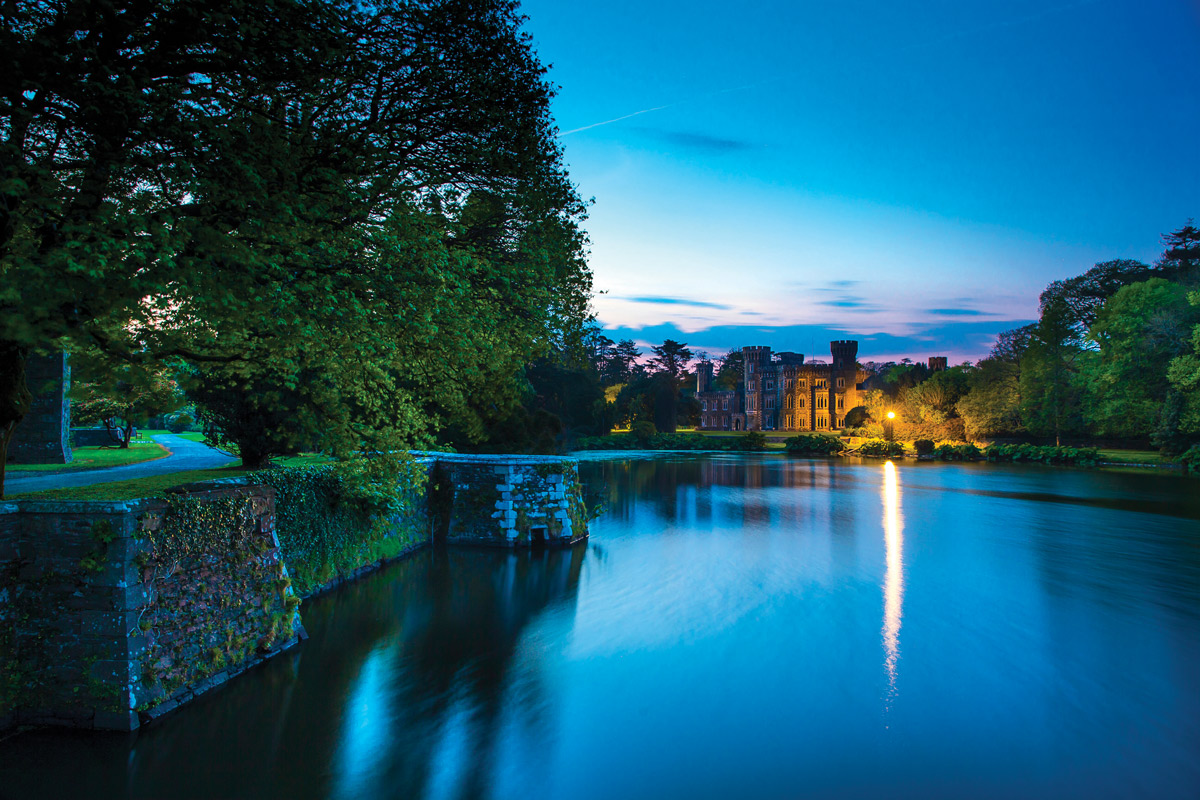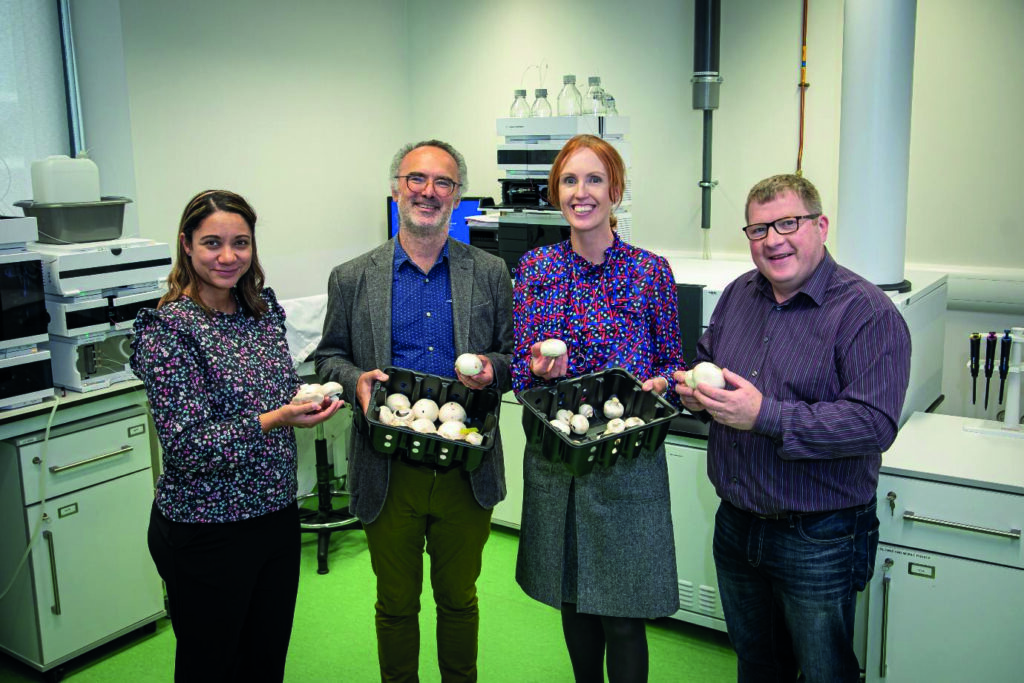 TEAGASC RESEARCHERS IN WINNING TEAM FOR SFI €2M FOOD CHALLENGE PRIZE The Leaf No Waste team, which includes two Teagasc members, has been awarded €2m in funding by Science Foundation Ireland (SFI) to develop an innovative solution that could reduce food waste through a novel combination of plant fortification and sustainable packaging for horticulture crops. The Leaf No Waste team is led by Lorraine Foley (TU Dublin) along with core team members Prof. Jesus Frias Celayeta (TU Dublin) and Dr. Lael Walsh and Dr. Shivani Pathania (Teagasc). The Societal Impact Champion on the team is Stephen McCormack, of McCormack Family Farms. During the initial phases of the Food Challenge competition, the Leaf No Waste team identified that despite greater consumer demand for more sustainable and compostable packaging, its use can cause premature food spoilage and increase food waste. To address this problem, the Leaf No Waste team plans to explore this issue from a new perspective which will combine silicon plant biostimulant and compostable plastic packaging design. Specifically, the team is developing a solution that could potentially tackle food waste by combining silicon-based fortification with compostable plastic packaging to boost the shelf life of a range of Irish products. For more information, contact Dr Lael Walsh (lael.walsh@teagasc.ie), who leads the horticulture sustainability research programme in Teagasc, or Dr Shivani Pathania (Shivani.pathania@teagasc.ie), who leads the sustainable packaging task in Teagasc. ✽ |
TEAGASC APPOINT NEW FRUIT RESEARCHER
Alberto, a Brazilian native, has been working with and studying apple trees since 2006, when he began work with Agropecuária Schio, the largest Brazilian apple grower. He specialises in temperate fruit crops – especially apples and pears – tree management, training systems, evaluation of cultivars and rootstocks. Alberto qualified as a Technologist in Fruit Crops in 2010, this was followed by a Masters in Plant Production in 2012 and a PhD in 2016. He has worked as a Research Scholar at UC Davis (USA) and most recently worked at UDESC, researching the behaviour of apple trees grafted on different rootstocks. Alberto said: “I look forward to developing an innovative, and forward-thinking applied research program, addressing the needs of Irish fruit growers.” Alberto Ramos Luz can be contacted at Alberto.RamosLuz@teagasc.ie ✽ |
SOFTGRIP MUSHROOM PROJECT WELL UNDERWAY
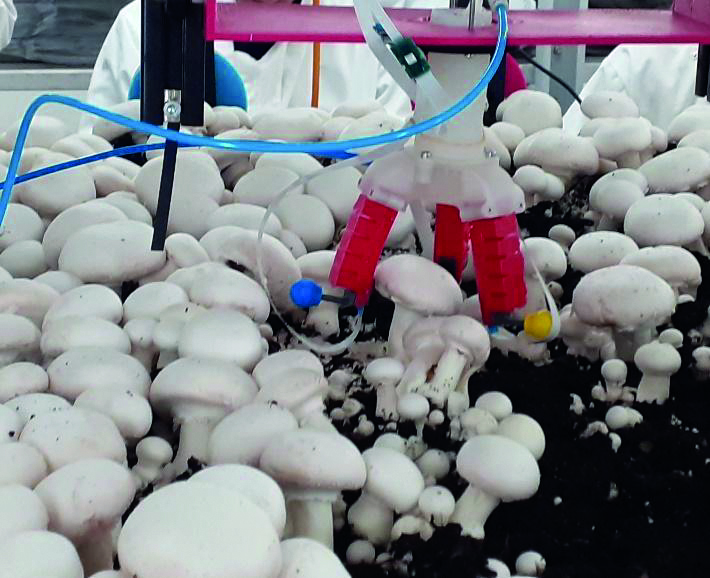 SoftGrip is a three-year EU-funded project that could revolutionise the harvesting of mushrooms and address the severe labour shortage issues facing the sector. The project aims to develop a soft robotic ‘gripper’ designed especially for harvesting delicate produce. It will be integrated with a vision system to accurately detect and identify the mushrooms to be harvested.
SoftGrip is a three-year EU-funded project that could revolutionise the harvesting of mushrooms and address the severe labour shortage issues facing the sector. The project aims to develop a soft robotic ‘gripper’ designed especially for harvesting delicate produce. It will be integrated with a vision system to accurately detect and identify the mushrooms to be harvested.
Two data collection workshops have now taken place at the Teagasc Mushroom Research Facility at Ashtown. Scientists specialising in advanced materials from Germany, along with computer software and advanced robotics engineers from institutes in Greece, Italy and UK, came together to start the process of refining the individual components of a robotic harvesting system. A preliminary vision system to visualise mushrooms was put through its paces with a mushroom crop. A technique of ‘imitation-learning’ using tactile sensors attached to a harvester’s hand was used to gather data for algorithms that will direct the computer-controlled mushroom gripper. A number of flexible soft grippers were evaluated to identify the most suitable type for the successful picking and outrooting of mushrooms. The next workshop will take place in December and we are looking forward to all three elements of the system being integrated together for the first time. Exciting times ahead! For more information, contact helen.grogan@teagasc.ie; www.softgrip-project.eu.
SoftGrip is funded from the European Union’s Horizon 2020 research and innovation programme under grant agreement No. 101017054. ✽
TEAGASC PHD WALSH SCHOLAR ASSESSES THE IMPACT OF PEAT-FREE GROWING SYSTEMS ON THE PHYSICAL, NUTRITIONAL AND SENSORY QUALITY OF BRASSICAS – LUKE BARNES
The four-year collaboration between Teagasc, The University of Reading and The Royal Horticultural Society (RHS) will see Walsh Scholar-PhD candidate Luke Barnes assess the physical and biochemical responses of Brassicas to compare commercial and non-commercial (gene-bank) genotypes grown in peat-based and peat free substrates. The research will measure phytochemical content in combination with evaluating postharvest shelf-life quality and longevity. It will also consider sensory and consumer analysis to assess acceptance. Luke (inset) brings a research background and skill set (evaluating texture, yield, and shelf-life) from vertical farming start-ups in the UK and Italy to this new research. For more information contact the research team in Ireland; Dr Lael Walsh: lael.walsh@teagasc.ie or Dr Dilip Rai: dilip.rai@teagasc.ie. ✽ |




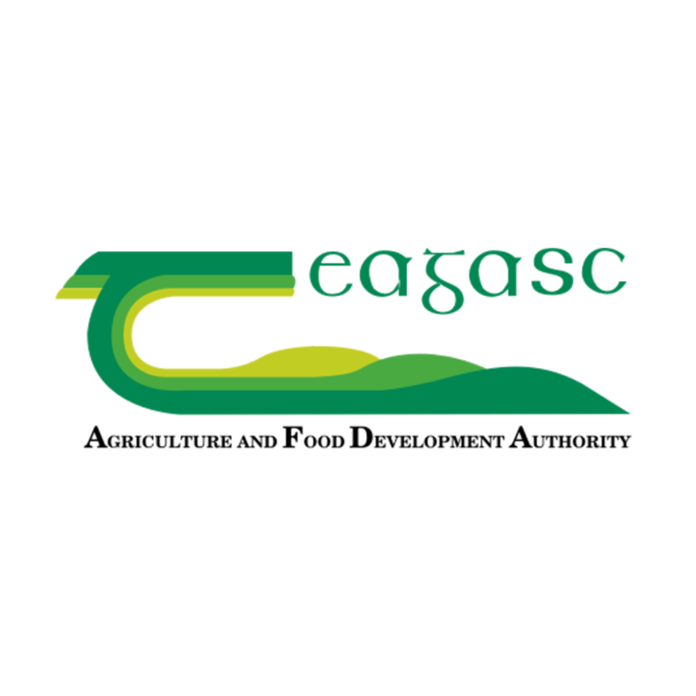
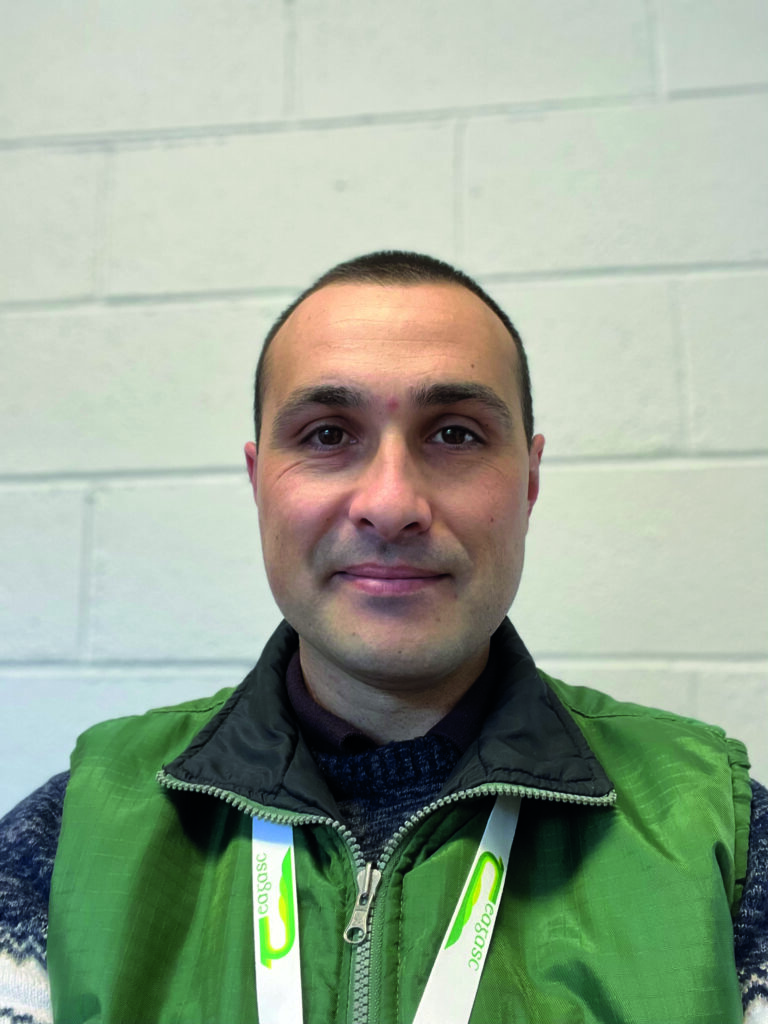 Teagasc recently appointed new fruit researcher Dr. Alberto Ramos Luz as Research Officer in the Horticulture Development Department. Alberto (inset) will be based in Oakpark, Carlow and will lead research projects to support the development of the apple-growing industry in Ireland. His work will initially focus on finding apple varieties with suitable market and agronomic characteristics and developing production protocols to meet yield, quality and consistency requirements.
Teagasc recently appointed new fruit researcher Dr. Alberto Ramos Luz as Research Officer in the Horticulture Development Department. Alberto (inset) will be based in Oakpark, Carlow and will lead research projects to support the development of the apple-growing industry in Ireland. His work will initially focus on finding apple varieties with suitable market and agronomic characteristics and developing production protocols to meet yield, quality and consistency requirements.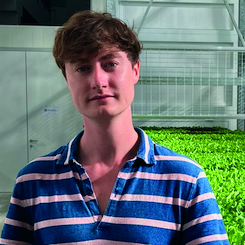 The horticulture sector is facing immediate pressure to switch to peat-free growing substrates. Yet current commercial Brassica varieties are bred to yield well and meet consumer taste and flavour preferences in current peat-based growing substrates. The shift to peat-free alternatives may have significant impacts on these properties. This new research project addresses an immediate need to understand how crop physiology, nutritional, sensory (taste and flavour) and postharvest quality will be impacted by a shift away from peat-based substrates.
The horticulture sector is facing immediate pressure to switch to peat-free growing substrates. Yet current commercial Brassica varieties are bred to yield well and meet consumer taste and flavour preferences in current peat-based growing substrates. The shift to peat-free alternatives may have significant impacts on these properties. This new research project addresses an immediate need to understand how crop physiology, nutritional, sensory (taste and flavour) and postharvest quality will be impacted by a shift away from peat-based substrates.